Tell me a good movie
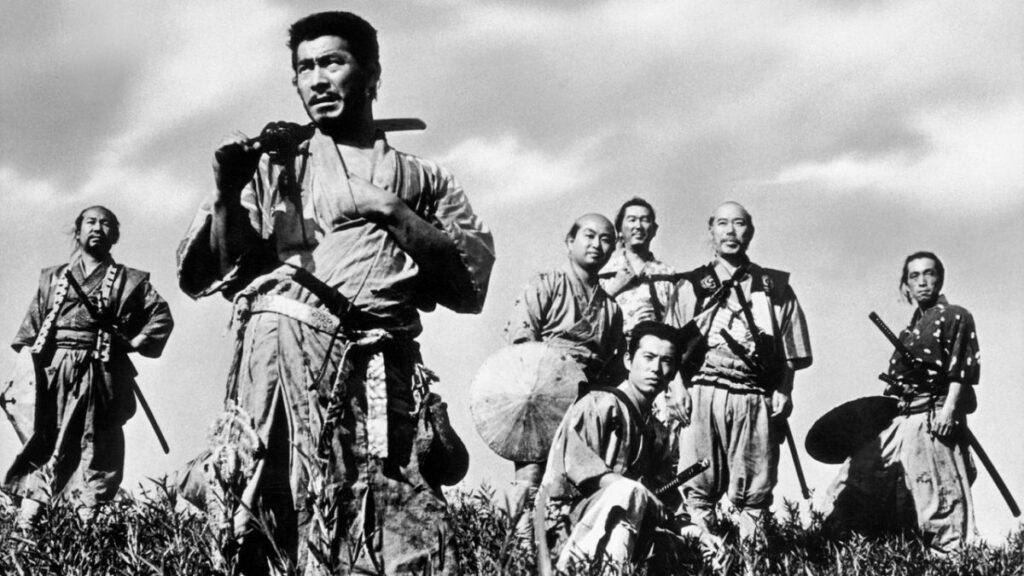
In my decades as a cinephile and film critic, I am forced to confess that the most difficult question to answer is when someone asks me for the indication of “a good movie”. It may seem like a paradox, someone who has as a hobby and semi-profession the cinema says that, but to like or not a movie has less to do with the title and much more with the viewer himself.
Not only cinema, but I would risk generalizing that everything in life can be considered good or bad depending on our personal tastes, our experiences and life history, and even the exact moment when the object in question is presented to us.
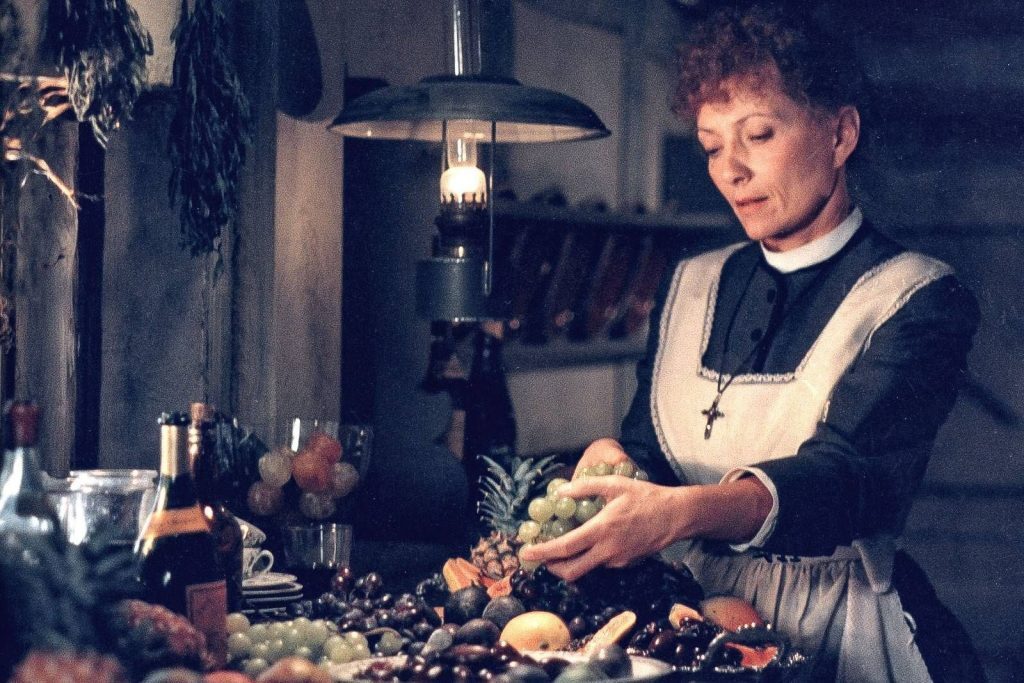
At the time of the VHS tapes, it was very common for neighbors to share movies they rented for the weekend. One of these occasions, while weaving wonders about the Danish film “Babette’s Feast” (“Babettes gæstebud”, DIN, 1987), a neighbor became curious and asked it to watch. The other day, he returned the film saying that he had only been able to watch fifteen minutes, and anytime I had these “boring” movies, I shouldn’t even offer it. The film is beautiful and sensitive, was awarded the 1988 Academy Award for Best Foreign Language Film, and was based on a twelve-page short story by Danish writer Karen Blixen. As I said above, my taste was different from this neighbor, and neither of us was wrong about it.
I often spend a huge amount of time selecting a movie to watch, even when I am all by myself. It doesn’t matter if the film is famous, award-winning, box office success, having great reviews, etc. Our perception of whether something is good or bad depends a lot on our humor or mood at that precise moment. Those who work in television know that the most crucial day is Sunday night, when people’s moods are progressively getting worse. In my case, I always look for a light movie, often an animation (I love japanese animes), exactly to beat this Sunday bad mood.
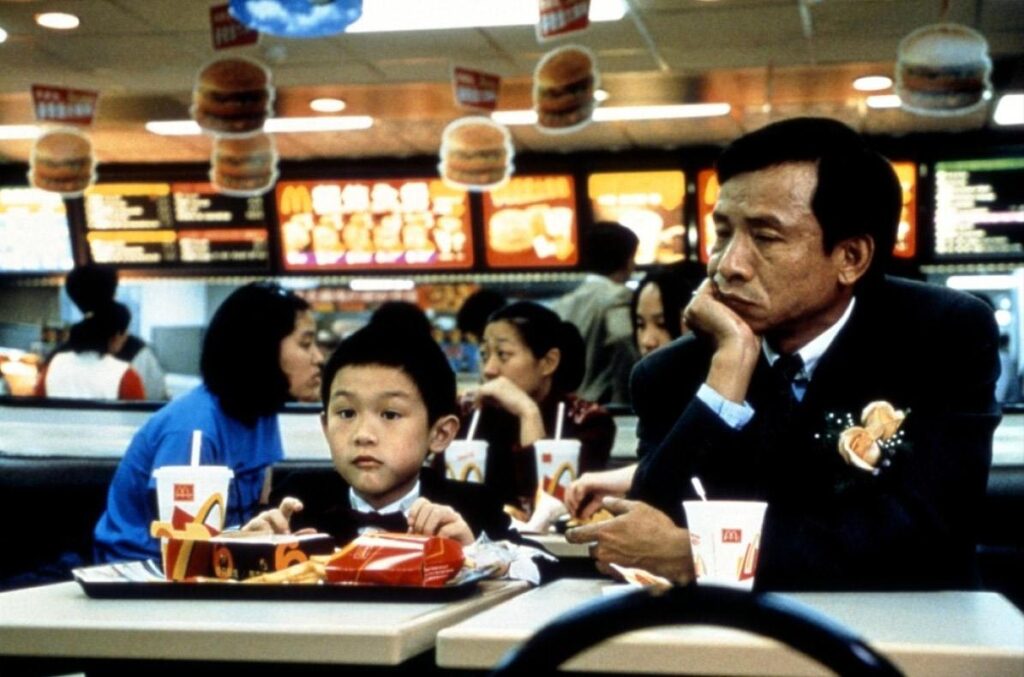
By the way, the origin of the film also affects me a lot. After years and years of mainly watching Hollywood movies, I began to appreciate more european and oriental films and series. While most of my friends love the Hollywood standard, I prefer French, Scandinavian, English and other productions. This is due to the more daring approach to European cinema, in contrast to American conservatism.
The admiration with oriental movies is largely due to the interest in Japanese culture, something that comes from childhood. I have always been attracted to exoticism and the differences of Eastern cultures in relation to ours. It also contributes a lot the admiration for martial arts and the profusion of films with this theme during my childhood and adolescence. I am also delighted with the approach, totally different from Western films.
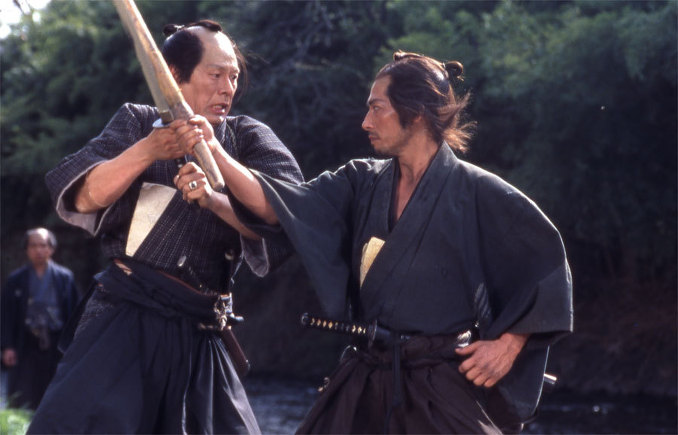
Obviously, when I describe these films like this, the reader will certainly think of classics such as “Seven Samurai” (“Shichinin no samurai”, JAP, 1954) or “Kagemusha” (JAP, 1980). But also by Akira Kurosawa I could mention the beautiful “Dersu Uzala” (JAP, 1975) and the enigmatic “Ran” (JAP, 1985) and “Dreams” (“Yume”, JAP, 1990). I also love the animations of Studio Ghibli, in particular “Spirited Away” (“Sen to Chihiro no kamikakushi”, JAP, 2001), which won the 2003 Academy Award for Best Animation. There are little-known films that I loved, such as “The Twilight Samurai” (“Tasogare Seibei”, JAP, 2002) and “After the Rain” (“Ame Agaru”, JAP, 1999).
But lest you think I only like Japanese movies, I was delighted with Ang Lee’s great Chinese production “Crouching Tiger, Hidden Dragon” (“Wo hu cang long”, CN/TW, 2000), and “The Way home” (“Wo de fu qin mu qin”, CN, 1999) and “Not One Less” (“Yi ge dou bu nengo”, CN, 1999), both by Yimou Zhang. Speaking about Chinese movies, I remember once recommending “Yi Yi: A One and a Two…” (“Yi Yi”, TW, 1999), a very sensitive Taiwanese film, and a friend called later to say that she had hated it.

I also like films made in places with little movie tradition, such as “Tanna” (AUS/VU, 2015), an Australian-Vanuatu drama 2015, which was recorded on the island of Tanna in Vanuatu. Another that I also liked was “Lunana: A Yak in the Classroom” (BT, 2019), a bhutanese film nominated for the 2022 Academy Award for Best Foreign Language Film.
Certainly, I could list hundreds of movies and series that I liked, but that would provoke the agreement or repulsion of each reader. As I said before, the taste is personal and has to do with the repertoire of life of each one. There are those who like violent movies, with blood splashing everywhere, those who love horror movies (I’ve liked it once, today they bore me to death), there are the classics, the comedies, the musicals, etc. I have a niece who only watches a movie if it has the word “love” in the title.
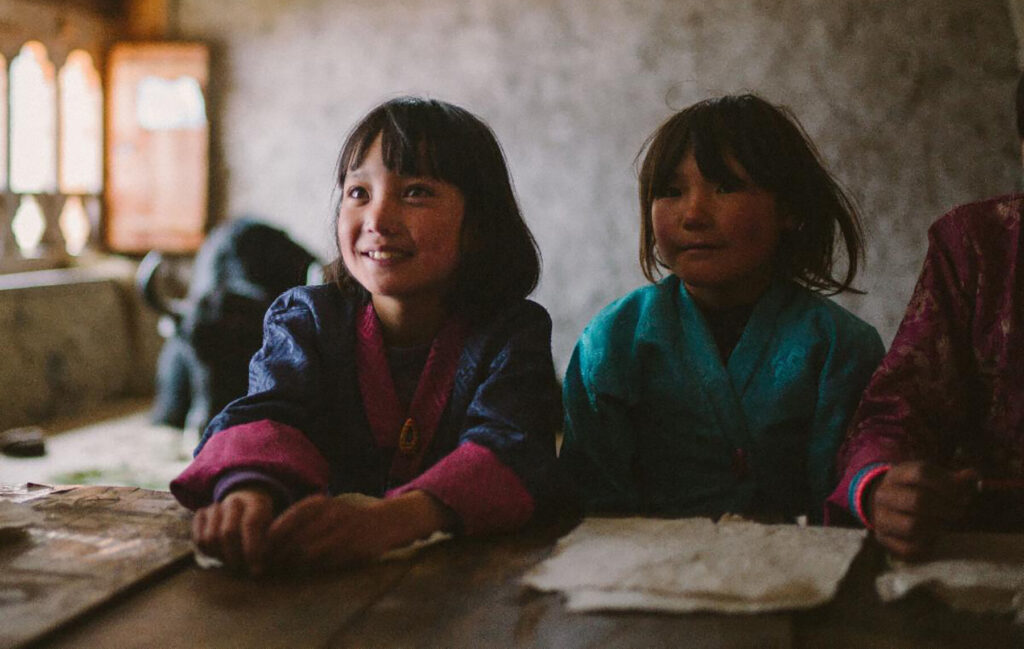
There are also those who like “brain” movies, with an intricate or confusing plot, who need to watch several times to form some idea of what the filmmaker meant. There is the famous case of the film “Theorem” (ITA, 1968), by Pier Paolo Pasolini. In one of the first exhibitions the operator changed the order of the film rolls and no one noticed it! I confess that my sin in relation to cinema is not to like either brazilian Cinema Novo or french Nouvelle Vague, with rare exceptions.
Some sites help us with a rate assigned by viewers or critics. The best known is the site IMDB (www.imdb.com), where each movie earns a grade that is the average of what subscribers on the site vote for. In my experience, the score above 7 is already a good indicator of the quality of the movie. Just as an example, “The Godfather” (USA, 1972) has a score of 9.2 while “Plan 9 from Outer Space” (USA, 1957), considered the worst film in the world, has a score of 3.9.
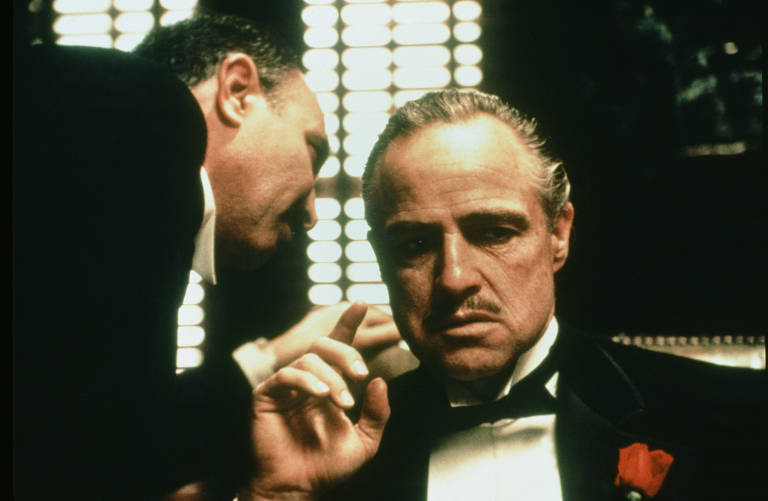
The site Rotten Tomatoes (www.rottentomatoes.com) offers both a rating provided by film critics (Tomatometer) and the average of the ratings given by users (Audience score). In the examples cited above, “The Godfather” has 97% of the critics and 98% of the users, while “Plan 9 of the Outer Space” has 66% of Tomatometer and 45% of Audience score.
Anyway, if in other times we had to go to the rental shop and choose the movies of the weekend, today the options are literally at hand, through streaming services. In the most famous ones, Netflix, Amazon Prime, HBO MAX, Disney, etc., there are numerous options of movies and series for all tastes. The worst that can happen is to spend half an hour choosing something, and fifteen minutes later the partner falls asleep on the couch… But even that is part of life.






